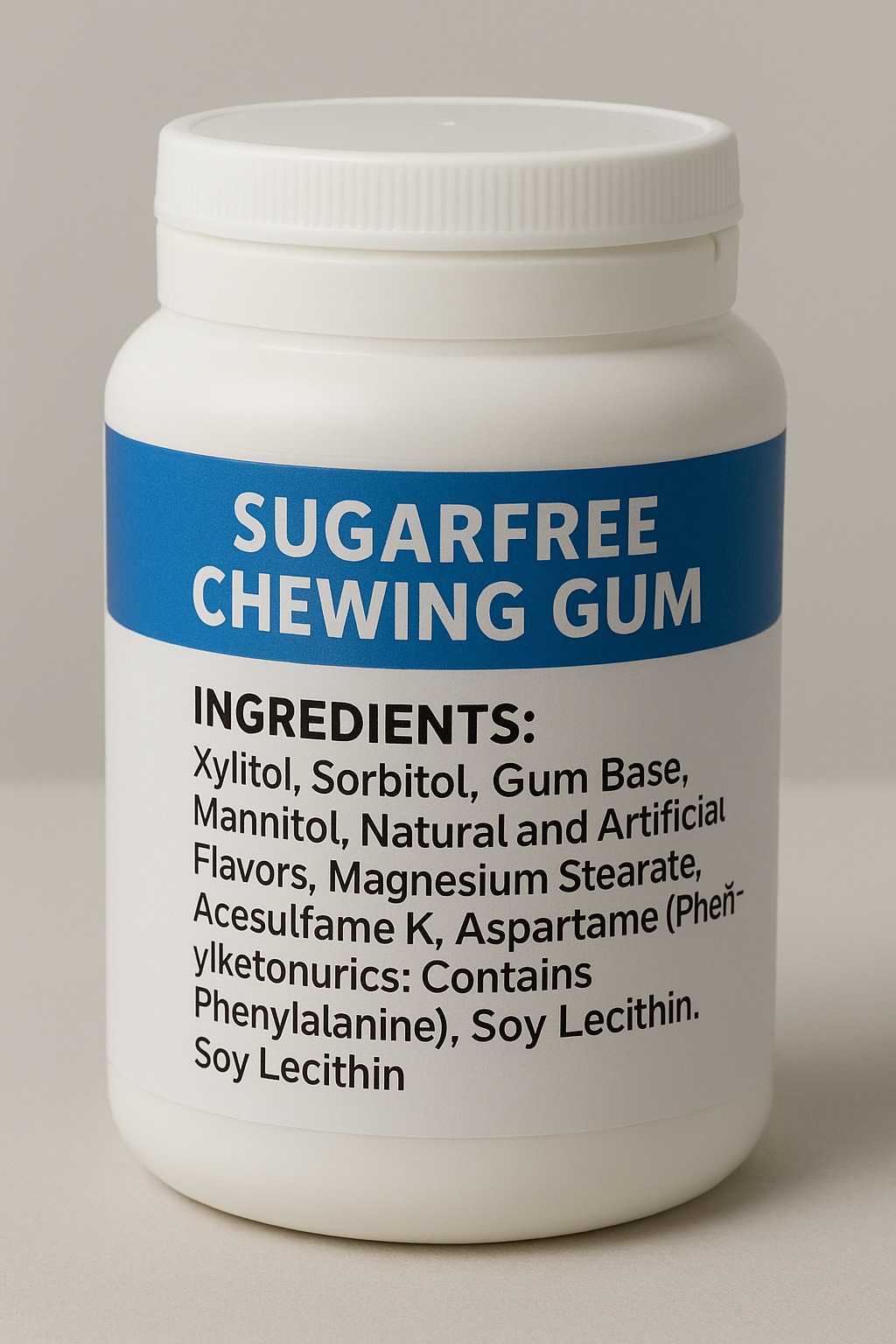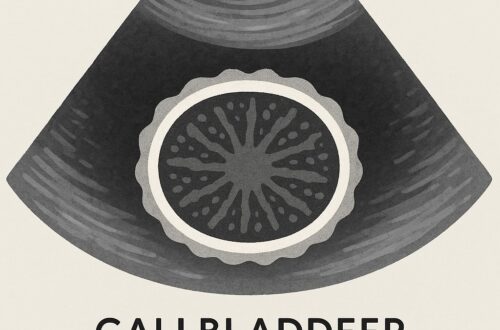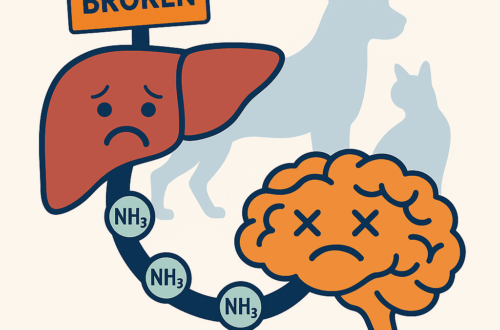Sugar has become taboo in many kitchens, leading to the rise of non-sugar sweeteners as popular alternatives. One of the most common is xylitol, a low-calorie sugar substitute often marketed as healthier than cane sugar. While safe for people, xylitol is extremely toxic to dogs—and ingestion can be deadly.
This article explains what xylitol is, why it’s dangerous, common signs of poisoning, and what pet parents and veterinarians need to know about diagnosis and treatment.
What Is Xylitol?
Xylitol is a sugar alcohol found naturally in small amounts in plants such as corn fiber, oats, and certain trees. It is often sold as granulated xylitol for use in coffee, tea, and baking.
Common Products That Contain Xylitol
Many household items contain xylitol, including:
- Sugar-free chewing gum
- Toothpaste and mouthwash
- Chewable vitamins
- Breath mints
- Cough syrups
- Some brands of peanut butter
Xylitol has been used safely in humans for decades, especially in Europe and Asia. However, even small amounts are highly toxic to dogs, while cats appear unaffected.
Why Is Xylitol Toxic to Dogs?
In dogs, xylitol is absorbed rapidly from the gastrointestinal tract. Unlike in humans, this triggers a dangerous surge of insulin release, leading to severe hypoglycemia (low blood sugar) within minutes.
In addition, xylitol can cause acute liver failure and life-threatening bleeding disorders. While the exact mechanism isn’t fully understood, theories include:
- Abnormal liver metabolism that destroys liver cells
- Production of damaging reactive oxygen species (ROS) that injure the liver
Signs of Xylitol Poisoning in Dogs
Symptoms of xylitol ingestion can appear within 30 minutes and progress rapidly. Common signs include:
- Vomiting
- Lethargy or weakness
- Loss of coordination (ataxia)
- Seizures
- Collapse
Complications such as liver failure and bleeding issues may develop within 48–72 hours. Sadly, many affected dogs do not survive without immediate, aggressive care.
Diagnosis and Veterinary Evaluation
If your dog eats a product containing xylitol:
- Seek veterinary care immediately.
- Bring the product packaging with you to the clinic.
Veterinarians will perform a physical exam and run blood tests to check:
- Blood glucose (sugar levels)
- Liver enzymes
- Potassium and phosphorus levels
- Clotting ability
Ongoing monitoring of liver values and clotting status is essential for at least 2–3 days after ingestion.
Treatment for Xylitol Intoxication
There is no antidote for xylitol poisoning. Treatment focuses on aggressive supportive care, including:
- Intravenous dextrose (sugar) infusion to correct hypoglycemia
- Close monitoring and correction of electrolyte imbalances
- Intensive care for patients with liver failure and bleeding disorders
Dogs with mild hypoglycemia may recover within a week, but those with liver failure require specialty veterinary hospitalization under the guidance of a board-certified veterinary emergency and critical care specialist.
The Takeaway on Xylitol Toxicity
- Xylitol is safe for people but deadly for dogs.
- Even small amounts can cause dangerously low blood sugar and acute liver failure.
- There is no specific antidote—rapid veterinary care saves lives.
If you suspect your dog has ingested xylitol, seek immediate veterinary help. For expert guidance, pet parents and veterinarians can consult with the ASPCA Animal Poison Control Center





